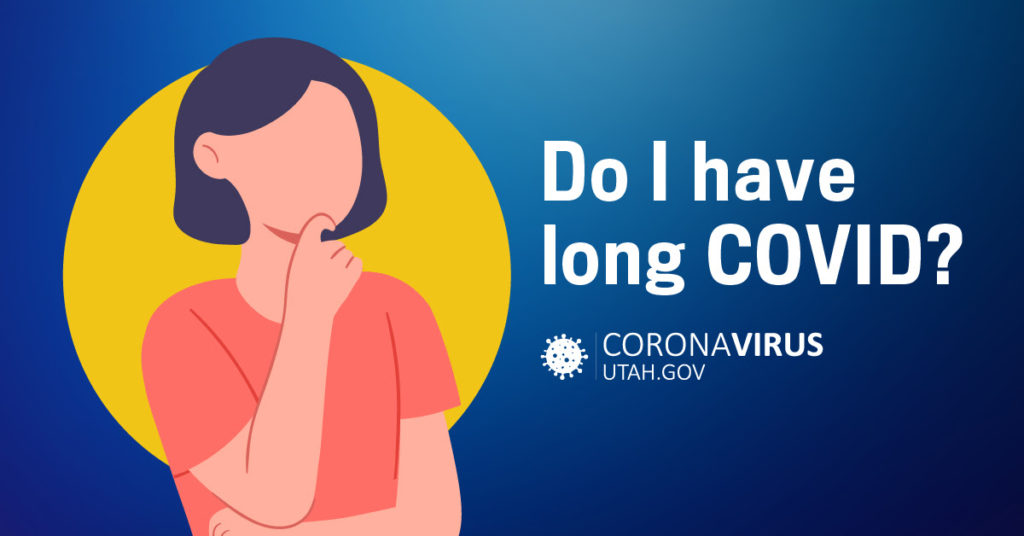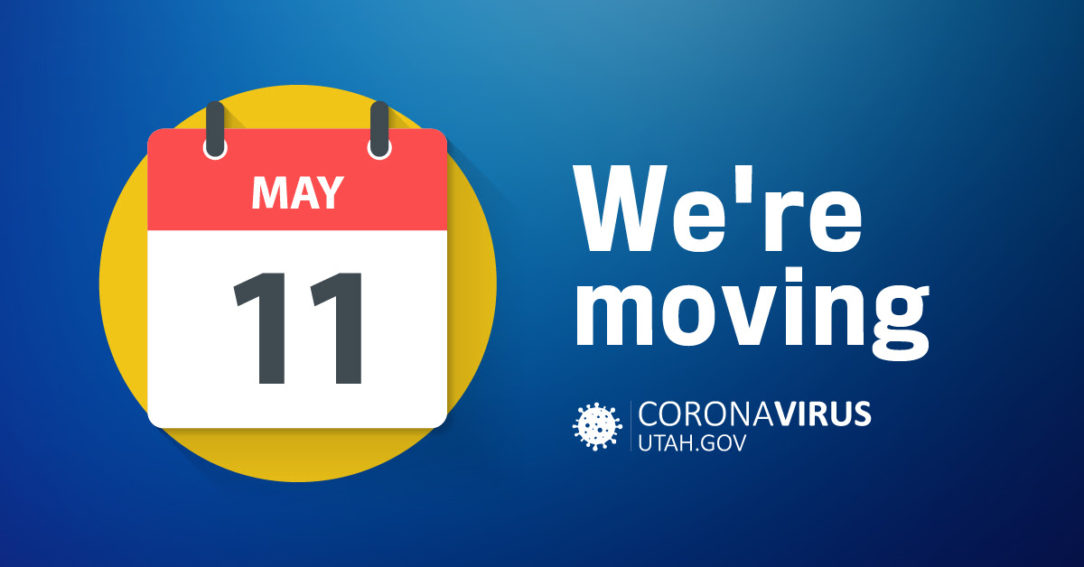Federal COVID-19 public health order ends May 11
The federal COVID-19 Public Health Service Act officially expires May 11. With the end of the emergency order, we’ll archive this newsletter, and our social media profiles (@UtahCoronavirus).
Thank you for doing your part to stay safe and healthy throughout the COVID-19 pandemic! We’d also like to thank the Utah Department of Health and Human Services (Utah DHHS) and our colleagues in healthcare for their tireless efforts to keep Utahns informed.
Keep up with health news by subscribing to the Utah DHHS newsletter. Follow @UtahDHHS on Facebook, Instagram, Twitter, and YouTube. Utah DHHS shares information to help you and your family live safe and healthy lives.
Travel vaccines: Your ticket to safe and fun travel
Are you planning a trip outside of the United States? It’s a good idea to find out the recommended immunizations for the place you’re visiting.
To find out which vaccines are needed for your destination, go to:
Centers for Disease Control and Prevention Travelers’ Health
You’ll find a wealth of travel information at this site: food and water recommendations, disease outbreak areas, recommended precautions, and much more. It’s a great place to start when planning a trip.
Follow @UtahDHHS or subscribe to their emails for updates about vaccines for travelers.

Taking long COVID one day at a time
One of the downsides of getting COVID is the risk of long-term health effects. Long COVID has a wide range of symptoms and can last for weeks, months, and even years. It can happen to anyone infected with COVID. It’s more common among people who were not vaccinated, are in high-risk groups, or experienced severe illness from COVID.
Common symptoms of long COVID (not a complete list):
- Body aches
- Changes in menstrual cycles
- Cough
- Depression or anxiety
- Diarrhea
- Dizziness when standing
- Fatigue
- Fast or pounding heart (heart palpitations)
- Fever
- Hair loss
- Headache
- Loss or change in taste or smell
- Shortness of breath or difficulty breathing
- Sleep problems
- Stomach pain
- Rash
- Symptoms that worsen after physical or mental activities (post-exertional malaise)
If you have long COVID symptoms, it’s a good idea to visit a doctor. They can diagnose long COVID or rule out other causes of your symptoms, and they can help develop a treatment plan for you. Under certain circumstances, long COVID may be classified as a disability.
Some clinics in Utah are studying the effects of long COVID. Your doctor may refer you to one of these speciality clinics. Clinic visits and treatment may not be covered by your health insurance. You should ask your insurance company about potential costs before you go.
Support groups are a great resource for people with long COVID. People with chronic conditions like long COVID can experience distress, anxiety, and depression. There are local groups providing peer support with people who share similar experiences. Some meet in person, and some exist on social media.
For more information about long COVID clinics or support groups, visit:
https://coronavirus.utah.gov/covid19-long-haulers/

